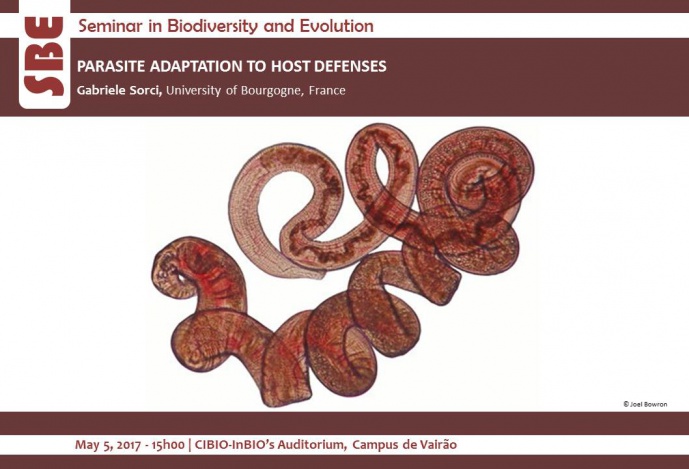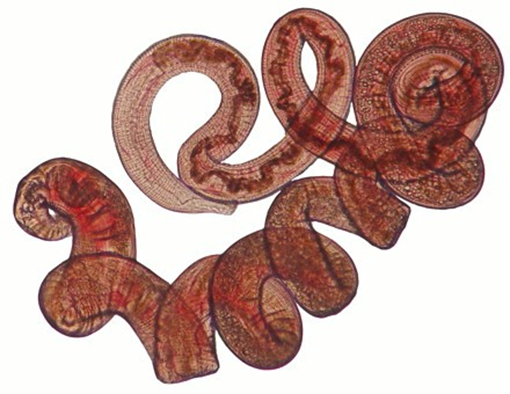PARASITE ADAPTATION TO HOST DEFENSES


Many parasitic nematodes establish long-term, chronic infections. This implies a finely tuned interaction with the host immune response in order to avoid infection clearance. While a number of immune interference mechanisms have been described in nematodes, how parasites adapt to the immune environment provided by their hosts remains largely unexplored. During the last years, we have been using the gastrointestinal nematode Heligmosomoides polygyrus as a model organism to explore this question. We investigated the role of phenotypic plasticity and microevolutionary responses as possible mechanisms of adaptation, and we focused both on parasite life history traits and immunomodulatory strategies. Finally, we included the host microbiota as an additional environmental factor potentially shaping parasite life history traits.
Gabriele Sorci has provided original contributions to several fields of evolutionary biology, such as the evolution of life history traits, and the ecology and evolution of host-parasite interactions. One of the strengths of his research has been to promote an integrative view of organismal evolution, putting emphasis on both the proximal mechanisms underlying the expression of phenotypes and the selective pressures acting on them. With this in mind, he has focused on the interaction between host defense and parasite exploitation, using malaria and gastrointestinal nematodes as model species. He has also contributed to the study of organismal aging in both wild birds and lab mice.
[Host: Claire Loiseau, Behavioural Ecology]
Image credits: Joel Bowron